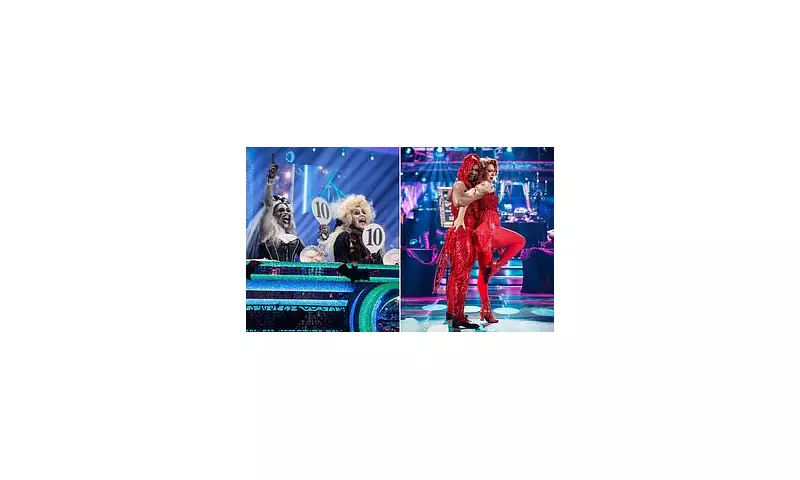
The hallowed ballroom of Strictly Come Dancing has been rocked by controversy as the show's esteemed judges face mounting criticism from disillusioned viewers. The BBC finds itself at the centre of a growing storm as accusations fly that the panel's decisions are systematically overriding the public's democratic vote.
The Growing Chasm Between Judges and Viewers
Week after week, dedicated Strictly fans are witnessing what many describe as a "disconnect" between the judges' scores and audience preferences. The tension reached boiling point during recent episodes where popular contestants found themselves in the dreaded dance-off despite receiving overwhelming support from the viewing public.
One frustrated viewer expressed the collective sentiment: "It's becoming increasingly clear that our votes count for very little when the judges can save whoever they want, regardless of public opinion."
A System Under Scrutiny
The current format, which combines judges' scores with public votes, is designed to create drama and ensure dancing quality remains paramount. However, critics argue the balance has tipped too far in favour of the professionals' preferences.
- Judges retain ultimate power in dance-off decisions
- Public votes can be overridden by panel consensus
- Popular contestants face elimination despite audience support
- Growing calls for format reform
BBC's Defence and Viewer Backlash
BBC executives have defended the current system, emphasising that the judges' expertise ensures dancing standards remain high. A spokesperson stated: "The combination of expert judgement and public participation creates the perfect balance that has made Strictly so successful."
However, this defence has done little to quell the rising tide of discontent. Social media platforms are buzzing with calls for change, with many suggesting the public vote should carry more weight in determining who stays and who goes.
The Professional Perspective
Insiders close to the judging panel maintain that their decisions are based purely on technical merit and performance quality. "The judges have a responsibility to maintain standards," explained a show source. "Sometimes that means making difficult decisions that might not align with public popularity."
Yet this professional stance is doing little to appease viewers who feel their loyalty and participation are being taken for granted. The controversy raises fundamental questions about the purpose of entertainment competitions: should they prioritise technical excellence or public engagement?
The Future of Strictly's Voting System
As the debate intensifies, industry experts are questioning whether the BBC will be forced to reconsider the show's format. Television analyst Maria Clarkson commented: "When a show becomes as iconic as Strictly, there's always a risk of format fatigue. The producers need to listen carefully to viewer feedback or risk alienating their core audience."
Potential solutions being discussed include:
- Increasing the weight of public votes in overall scoring
- Introducing judge-free elimination rounds
- Creating separate categories for technical and popularity scores
- Implementing viewer panels to provide additional perspective
The controversy shows no signs of abating, with each episode potentially adding fuel to the fire. As one long-time viewer lamented: "What started as a joyful Saturday night tradition is becoming increasingly frustrating to watch. Something has to change."
With the current series continuing to generate headlines for all the wrong reasons, BBC bosses face a difficult decision: stick with a proven format or evolve to meet changing audience expectations. The future of one of Britain's most beloved television institutions may depend on their choice.





